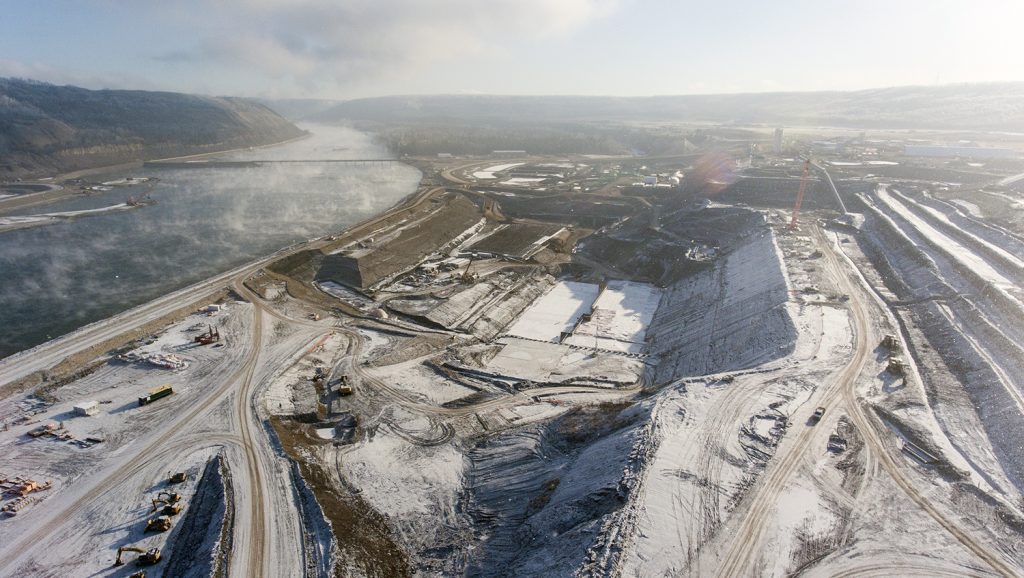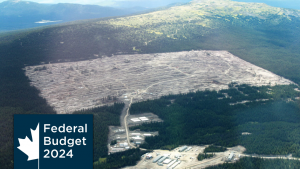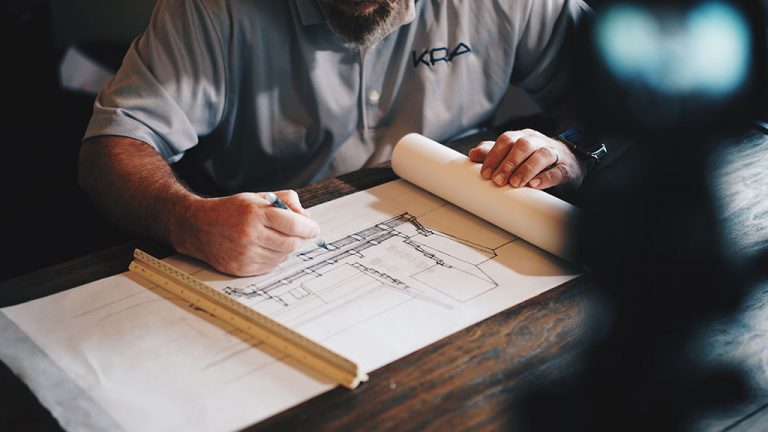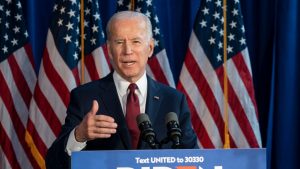The Aecon acquisition saga took another twist recently as three rival construction firms commissioned a survey on state-owned enterprises, with the results supporting their view that the federal government should prohibit the sale of Canadian companies when the buyer is owned by a foreign government.
Aecon Group announced last October it was being acquired by CCCC International Holding Ltd. (CCCI), a subsidiary of China Communications Construction Ltd. (CCCC), which is a publicly traded company with 64 per cent Chinese government ownership. The federal government is currently undertaking a national security review of the proposed $1.5-billion purchase under the Investment Canada Act.
The survey was commissioned by PCL Constructors Inc., Ledcor Industries Inc. and Graham Group Ltd., all Canadian firms, and the results released March 27. The coalition issued a statement explaining its motives.
“We take no issue with competing against other businesses. We take no issue with foreign businesses. We do, however, take issue with competing against foreign governments,” the statement said. “This is the essence of the potential acquisition of Aecon by a state-owned enterprise. Canadian businesses will be competing against the Chinese government on Canadian soil. In our view, there can be no net benefit to Canada in that scenario and the federal government should exercise its authority to prevent the transaction.”
With few respondents having previously heard of the issue, Mike Colledge, president of Ipsos Public Affairs, suggested there is a lack of “literacy” on the effects of a possible purchase of the Canadian construction giant by CCCI. The results reflected more a “gut reaction,” he said.
“The general public doesn’t hear about the 40 per cent stake, the 25 per cent stake, those kinds of things, they hear about takeovers,” said Colledge.
“They hear about those kinds of stories and the general reaction is, ‘what did we do wrong that didn’t allow that to stay in Canadian hands?’ Because they are just not that literate about international finance.”
Aecon has argued the deal is necessary to enable the firm to compete with large international firms, with governments requiring bidders on large projects to have significant reserves.
Company president and CEO John Beck previously told the Daily Commercial News and Journal of Commerce that, “There is absolutely no financial subsidization by the Chinese state of these companies (CCCI and CCCC). They stand on their own feet and they operate on their own merits and they borrow in the public markets around the world, just like we do.”
The survey followed one in 2012 that showed similar concerns over foreign takeovers of Canadian firms.
The 2018 poll found only 11 per cent of respondents said they have seen or heard anything about the planned purchase while another nine per cent indicated they might have. Once the respondents were told some of the details of the proposed takeover, 73 per cent said they opposed the sale. Sixty-eight per cent said it would not be in Canada’s national interest to permit the sale.
Eighty-two per cent agreed they are concerned about a foreign government-owned company being in a position to build critical Canadian infrastructure such as power plants, government buildings, bridges and dams. Seventy-six per cent indicated they are concerned Chinese ownership of Aecon would have an impact on the quality of the materials, architecture and engineering used for major construction contracts in Canada.
If they want this to go through, they are going to need to comment fairly loud and fairly often
— Mike Colledge
Ipsos Public Affairs
“There are perceived Chinese practices, will it lead to lower quality Chinese infrastructure?” Colledge said, also suggesting the current heightened concern over trade policy between the U.S. and Canada could be adding to Canadian suspicions of the Chinese deal with Aecon. “Do we want our infrastructure to be built by someone who does not have the same nationalist strategic insights or views or desires that we do?”
Eighty per cent said it isn’t fair to other Canadian construction and engineering companies to have to compete against a Chinese government-controlled and -backed company. But 48 per cent felt Aecon needs the additional capabilities and resources it will get from the deal with CCCI to bid on large and complex projects.
The opposing company coalition argued in its statement the entry of foreign state-owned enterprises (SOE) into the Canadian economy raises issues of national security, whether the SOE will inject new capital into the economy as opposed to harming the Canadian economy, and whether the SOE will favour its own domestic suppliers and political agendas over the interests of Canadian employees and suppliers.
An Aecon spokesperson said in a statement, “We fully support the ongoing comprehensive government review of the proposed Aecon/CCCI transaction. We believe an objective and thorough review of the facts should be what the government’s decision is based upon.”
Colledge acknowledged many survey respondents would be uninformed on, and were not told about, such issues as labour procurement for construction contracts, with Canadian laws limiting foreign workers when there are Canadians available to do the work, and how Canadian building standards are ensured on construction projects.
“What we try to do is find that line that says, here’s what we know and here’s something that shouldn’t sway the question,” he said.
“People form opinions based on their values and heuristics all the time without information. And some people don’t make their opinions up based on facts. They make them based on how they feel, there is whole range of things.”
Colledge said Ipsos attempts to ensure the surveys are free from the bias that a client may have as a matter of professional integrity, to maintain its reputation. Ipsos has the final say over questions asked.
If the respondents had been told the Chinese state owns only 64 per cent of CCCC, “that may have swung the needle a little bit,” said Colledge.
“There are all sorts of things you can put in to swing the needle.”
Colledge suggested Aecon and other firms in similar positions need to take their case to the public more aggressively.
“If they want this to go through, they are going to need to comment fairly loud and fairly often, ‘No, it’s not going to take away from jobs, it’s not going to take away, it’s going to add. It’s not going to be less quality because there are standards in place in Canada we have to meet, etc.,” he said.











Canadians do not need foreign companies to run or dictate Canadian companies, and harvest Canadian expertise for outsider’s benefit. Aecon stay in Canada and should be run by Canadians!